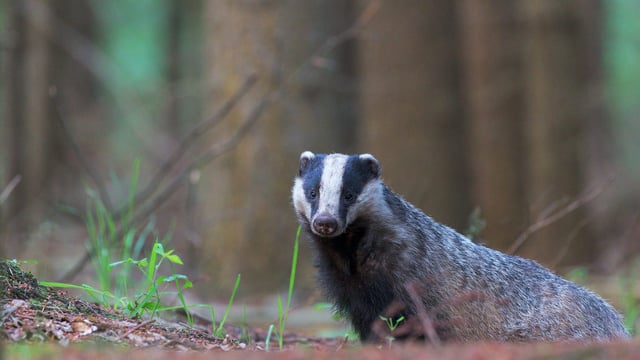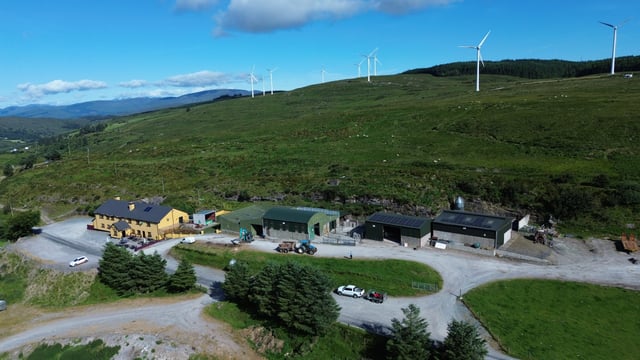Agri-environment schemes 'main factor' in EU-funded subsidies rise
EU-funded subsidies in Ireland rose by €194 million euro in 2023, a rise of 144% on the figure for 2022, according to the latest data from the Central Statistics Office (CSO).
Agri-environment schemes, such as Agri-Climate Rural Environment Scheme (ACRES) or Eco-scheme. which are mainly EU funded, were said to be the "main factor" in the increase.
The largest rise in subsidies was in biodiversity protection, which went up €257 million, or 123%, from €209 million in 2022 to €465 million in 2023. This was due to new agri-environment schemes in 2023.
The CSO data entitled 'Environmental Subsidies and Similar Transfers 2023' has been published today (Monday, June 23, 2025).
The UN SEEA Central Framework defines an environmental subsidy or similar transfer as a current or capital transfer that is intended to support activities which protect the environment or reduce the use and extraction of natural resources
Today's report stated that in 2023, environmental subsidies and similar transfers in Ireland totalled €1.8 billion, an increase of €234 million, or 15%, when compared with 2022.
This increase occurred even though one of the main subsidy's sources, the Public Service Obligation (PSO) levy, fell sharply and was effectively zero in 2023.
The reduction in the PSO levy had an impact on overall climate-related subsidies, which were down €67 million from €423 million in 2022 to €356 million in 2023, according to the CSO.
The largest overall environmental subsidy in 2023 was €524 million for wastewater infrastructure. This was a €64 million (+14%) increase on the 2022 figure of €460 million.
The adoption of energy saving measures, such as home retrofitting measures, solar panels and electric vehicle grants led to an increase of €134 million (+49%) in grants paid to households, from €274 million in 2022 to €408 million in 2023.
Commenting on the latest data, statistician in the Environment Division of CSO, Jason Sibley said: "This release shows that in 2023, environmental subsidies and similar transfers in Ireland totalled €1.8 billion, an increase of €234 million, or 15%, when compared with 2022.
"This increase occurred even though one of the main subsidy's sources, the PSO levy, fell sharply and was effectively zero in 2023.
"The PSO levy is normally used to support renewable electricity projects when wholesale electricity prices are low. In those situations, the PSO helps cover the gap between what renewable generators earn from the market and the amount they need to stay financially viable.
"But in 2023, wholesale electricity prices were very high, mainly due to rising gas prices. As renewable generators like wind and solar do not use gas, they were able to earn more from selling electricity without needing extra support."
As a result, no PSO funding was needed for renewable energy schemes in 2023, according to the CSO.
Source of funding
In 2023, 82% of environmental transfers were funded nationally, while the remaining 18% came from the EU.
The amount of EU funding has increased by €194 million, from €135 million in 2022, to €328 million in 2023. This increase was mainly due to new agri-environment schemes, according to the CSO.






